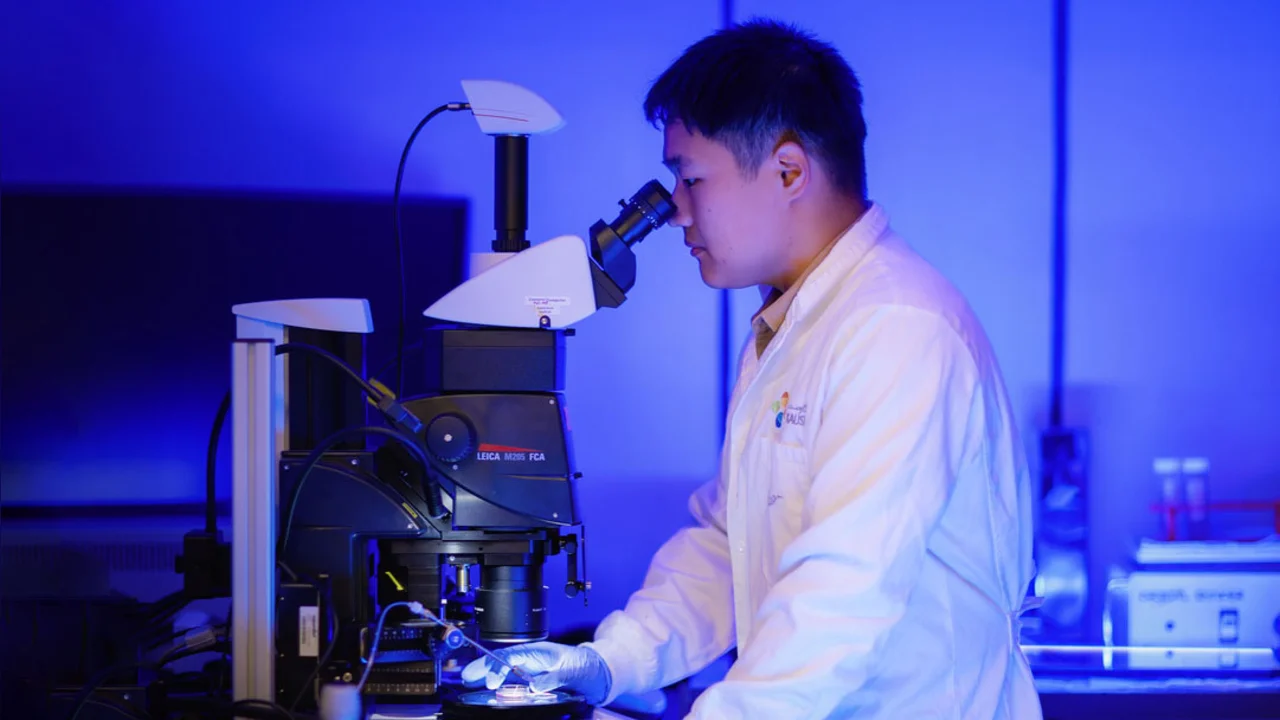
Deep learning accelerates research on early pregnancies
KAUST researchers have created deepBlastoid, a deep learning tool that surpasses scientists at evaluating laboratory models of the human embryo before pregnancy
About
Researchers at King Abdullah University of Science and Technology (KAUST) have announced the development of a new deep learning tool, deepBlastoid, to study models of human embryo development in artificial laboratory conditions. The KAUST scientists showed that deepBlastoid can evaluate images of the models equally to expert scientists but 1000 times faster. The article can be read in Life Medicine.
The earliest stages of the human embryo are crucial for understanding fertility, pregnancy complications, and the origins of developmental disorders. However, direct research on human embryos is limited by ethical considerations.
Blastoids are cellular models that represent the embryo at a period known as the blastocyst stage. This stage begins about five days after fertilization and continues until the embryo has implanted itself into the mother's uterine wall (i.e. the moment of pregnancy). Importantly, the human blastoids in the KAUST study are made of stem cells but not any embryonic tissue, and since they were first discovered in 2021 have quickly become a preferred human model for scientists to studying early embryo development.
Click here to read the full story on KAUST News.
